Bac Kan: Empowering women farmers in agricultural value chains
The Women’s Economic Empowerment through Agricultural Value Chain Enhancement (WEAVE) project is funded by the Australian Government and implemented by a partnership of three international non-governmental organisations – CARE International in Vietnam, Oxfam in Vietnam and SNV in Vietnam.
WEAVE supports ethnic minority women’s economic empowerment in pork, cinnamon value chains in Lao Cai province and banana value chain in Bac Kan province. This will be achieved by promoting equality between women and men within households and producer groups, strengthening women and men producers’ skills and bargaining power, and working with business and government decision-makers to improve the policy environment to support producers.
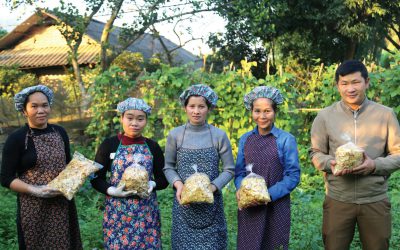 |
The Cooperative’s member try different ways to process the bananas before finding the best recipes. Photo: Do Truong Son/CARE
Critical nudge to banana farmers in Bac Kan
Banana is an important tree in Thanh Van commune (Cho Moi district, Bac Kan province). Home to over 2,300 people, with over one fifth of the families being poor and another 15 per cent near poor, this is where banana tree has been considered as the crop important to poverty reduction. Thanh Van and the neighboring Mai Lap commune have almost 700 hectares of banana fields. Each family used to earn up to 50 million dong from bananas. However, in 2015, the farmers faced multiple obstacles when banana price dropped quickly.
“Being farmers without any business skills, the members encountered a lot of difficulties. The management board and the director board had no clear strategy and lacked governance and marketing skills. The Cooperative purely ‘sold what it had’”, said Ha Thi Hoa from the Agriculture and Forestry Research and Development Center for Mountainous Region, or ADC, that co implements the WEAVE project.
In this context, the WEAVE project team met with the local authorities and the Cooperative’s members to discuss the way out. The idea was to make full use of the local advantages of having a strong banana supply source and the members’ creativity in persifying their products. As a result of months of discussions, an initial production plan was in place and the 5-year vision became clear.
The 17 members (13 women, 4 men) of the Cooperative pided themselves into 3 groups to produce dried bananas, banana chips, and banana vinegar. The project financed the Cooperative to buy machines for cutting, drying and packaging bananas, which helps to increase the output and quality. The machines have been in use since November 2018 and are a source of joy to the women. They started producing banana chips and received highly positive feedback from early users.
“Thanks to the project’s support with machinery and equipment, we now produce our own banana chips and dried bananas. At the recent Agriculture Fair in Hanoi, we sold out a few hundred packages of banana chips”, said Pham Thi Quy while working in the Cooperative’s temporary workplace.
Quy is also the author of the recipe for banana chips, one key product of the Cooperative. Together with other members, she had tried different ways to make banana chips and tested it with different users before finally making it an official product.
“At first I only thought I’d make some for whomever who came to my house and asked for the chips. Now that I’ve gone to different places and met different people, I think I should try to make what the market needs and the market should be larger than my village”, she said.
With her increased confidence and support from the WEAVE project, Quy became one of the two female representatives of Cho Moi district to take part in the province contest for the most creative products in late 2018. She convinced the jury of the dried banana chips and was selected one among the 31 creative farmers of the province. “I wish we had completed our packaging at that time. That would have impressed the jury even more”, said Quy.
Also in 2018, the Cooperative members brought their dried bananas and banana chips to participate in the competition of the programme “One Commune One Product” in Cho Moi district. The products were rated 3 out of 5 stars. The jury also recommended that the team should go for another competition in 2019.
“Other members and I were really happy and more confident of our capacity. We believe that we will be able to make a good business out of banana products so that all 200 families growing bananas can earn a better living”, said Ha Duc Dam, director of the Cooperative.
Another event that challenged the business idea of banana product was the national competition “Searching for value chain ideas among ethnic minority communities in Vietnam” hosted by the Committee on Ethnic Minority Affairs and funded by the World Bank and the Australian Government. Once again, the Cooperative won the sixth place in the first round, becoming one among the 23 shortlisted ideas that competed for the second round. The selling point of the idea, according to Dam, was twofold. First, it develops a value chain that benefits ethnic minority people. Second, it creates a good environment for this value chain to work for the benefits of women and young people.
The participation in this competition was a big step forward for the Cooperative, harnessing its business plan and also motivating it to prepare for the same competition in 2019. If successful, the Cooperative will be awarded with 680 million VND (29,200 USD), a crucial amount for its development.
With almost a year of improving the products, the Cooperative managed to sell products made of over 12 tons of fresh bananas in the past Lunar New Year in early 2019, earning an income of over 70 million VND (3,000 USD) in over two months. The clients have also become more perse, with over 10 retailers and shops in Hanoi and Bac Kan in addition to inpidual buyers who order via telephone and Facebook. With support from the project, the team also made contacts with purchasers who export bananas to Taiwan (China).
“We see this as a good opportunity”, said Dam - Director of Hop Thanh Thanh Van Cooperative while being well aware of the challenges ahead, from management skills that he and other members only start to learn to the pest problems with banana trees and the fact that they have not had a well-equipped, permanent production workshop.
The good news is the Cooperative has been granted a plot of land near the commune’s market and People’s Committee to build a workshop and an office. “We hope to have a decent workshop where visitors can come and see with their own eyes our production. Only then can we attract clients export clients”, said Dam./.
Recommended
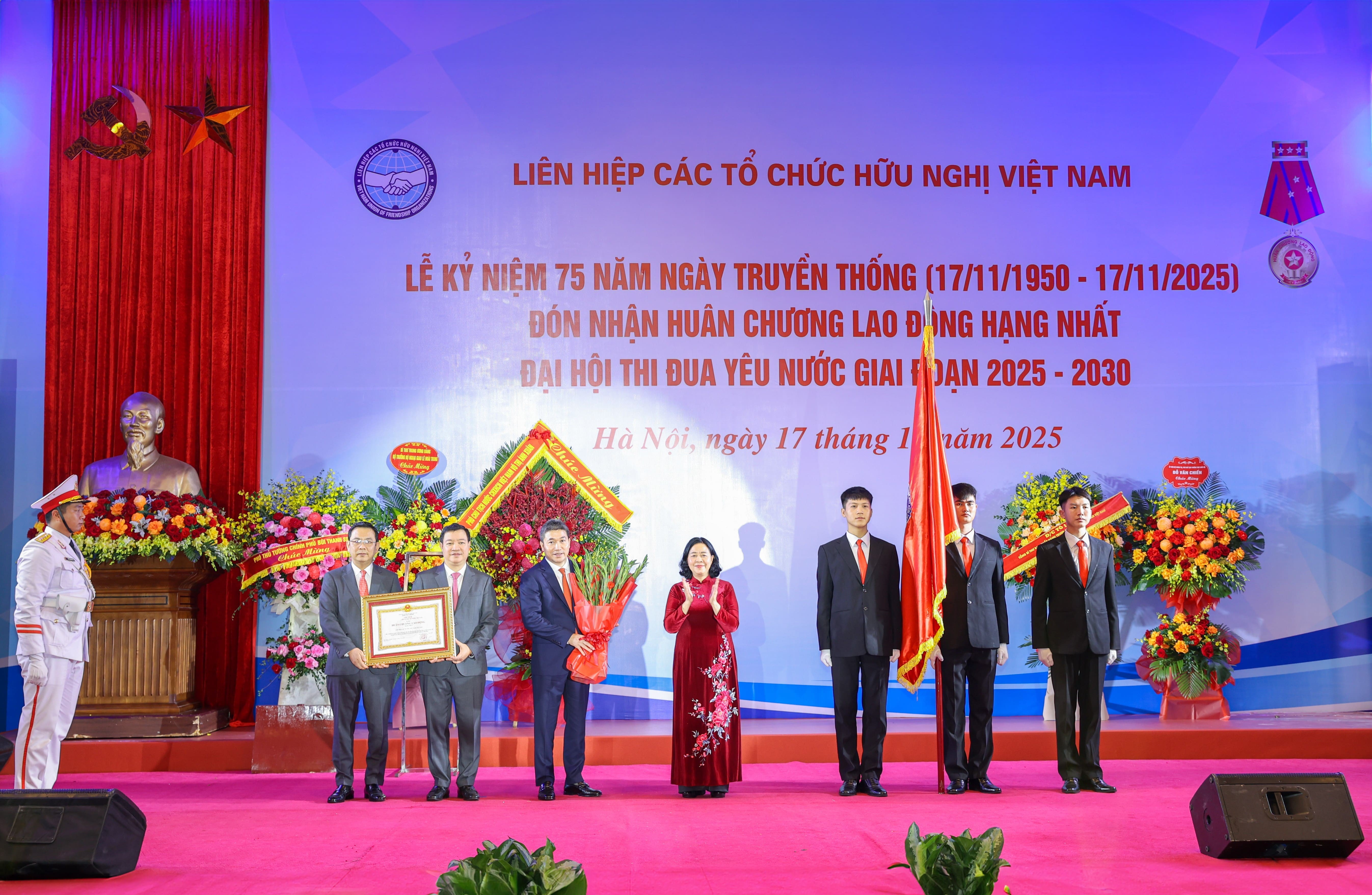 Friendship
Friendship
People-to-People Diplomacy: Change to Reach Further
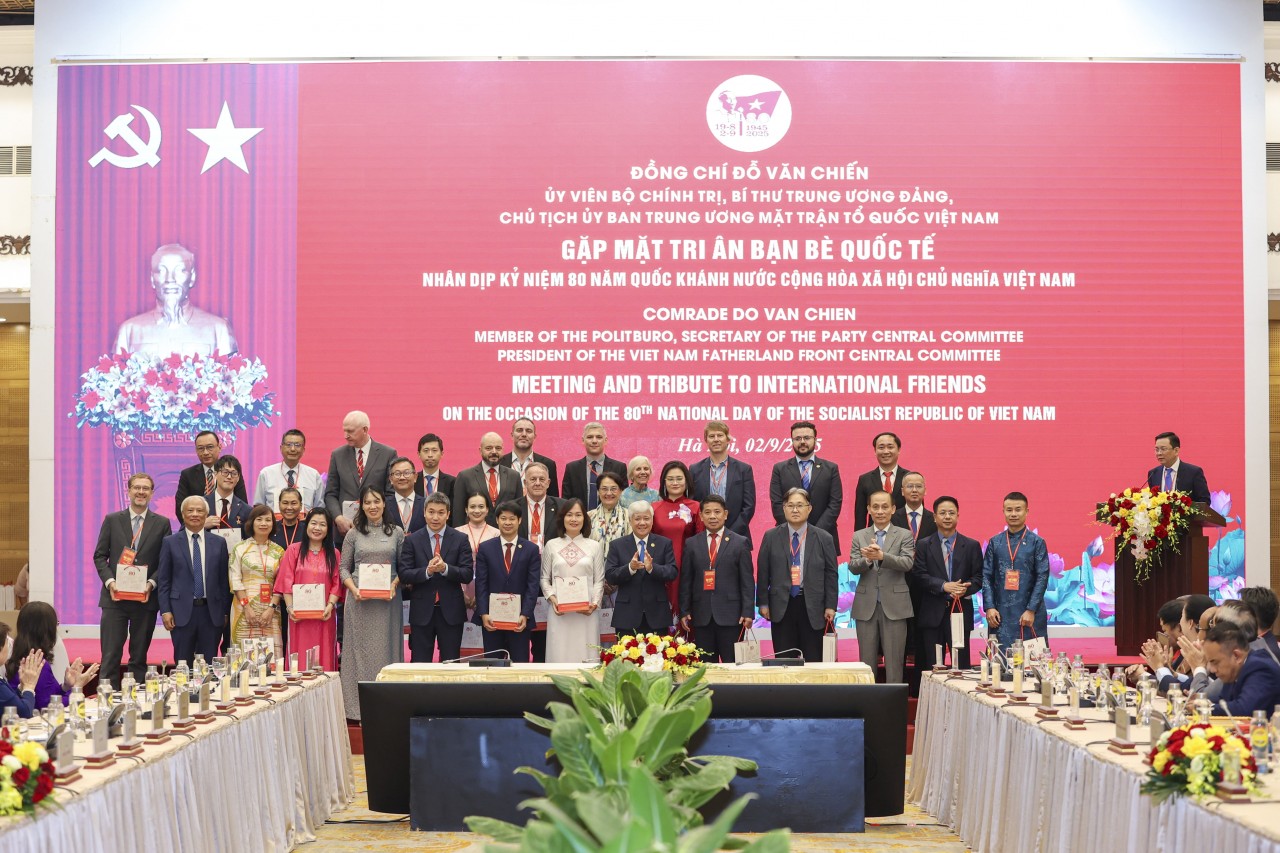 Focus
Focus
Outstanding Highlights of Viet Nam’s People-to-People Diplomacy in 2025
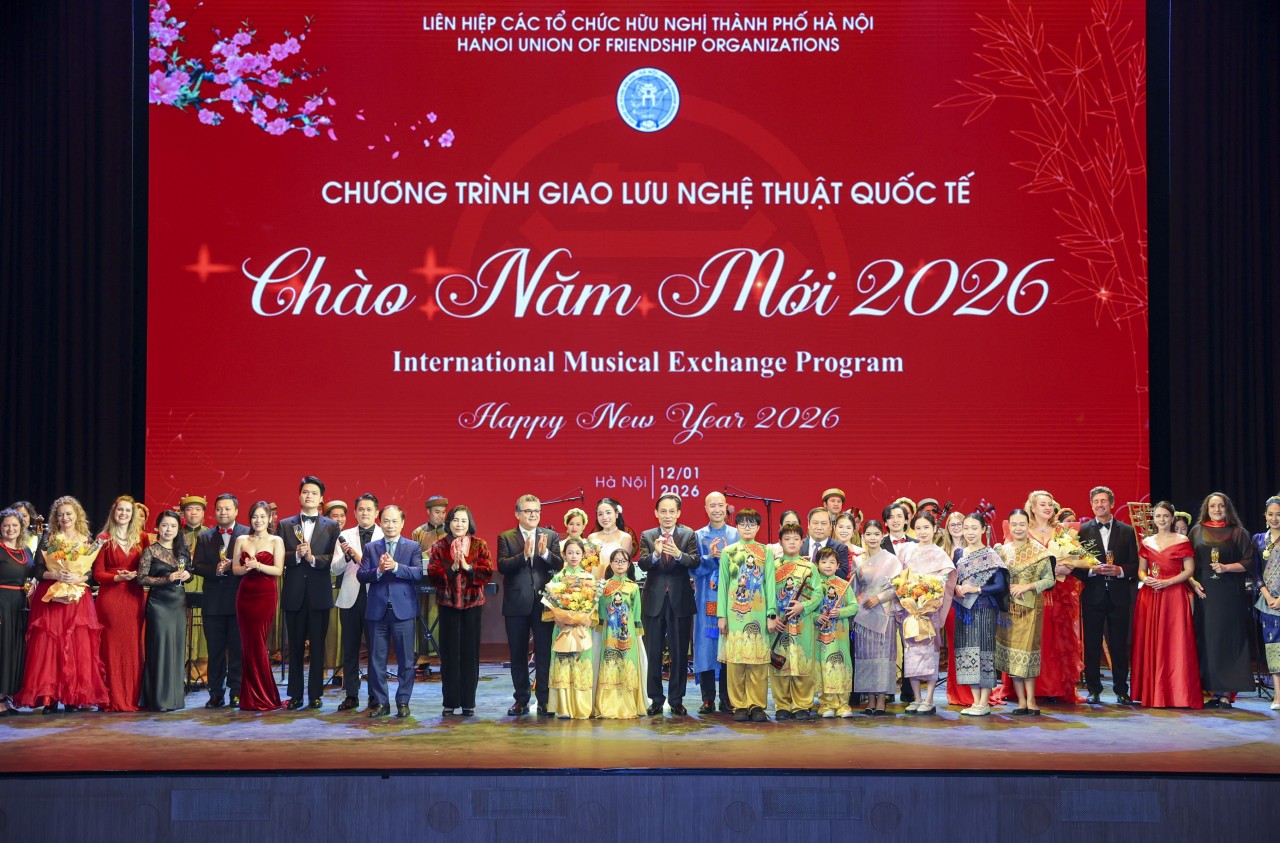 Friendship
Friendship
Hanoi Union of Friendship Organizations: Spreading Values of Peace in Heart of Capital
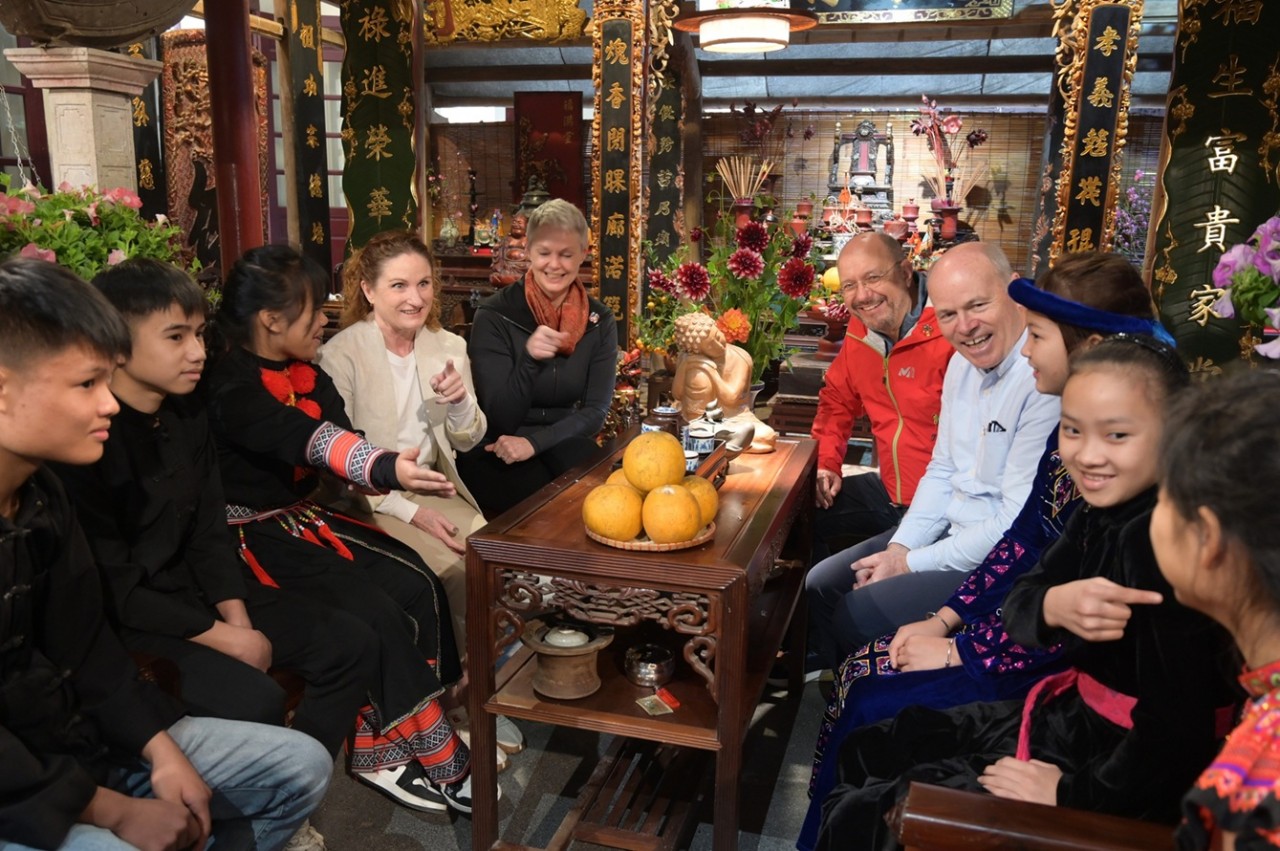 Friendship
Friendship
G4 Ambassadors to Vietnam Extend Greetings for the New Year of the Horse
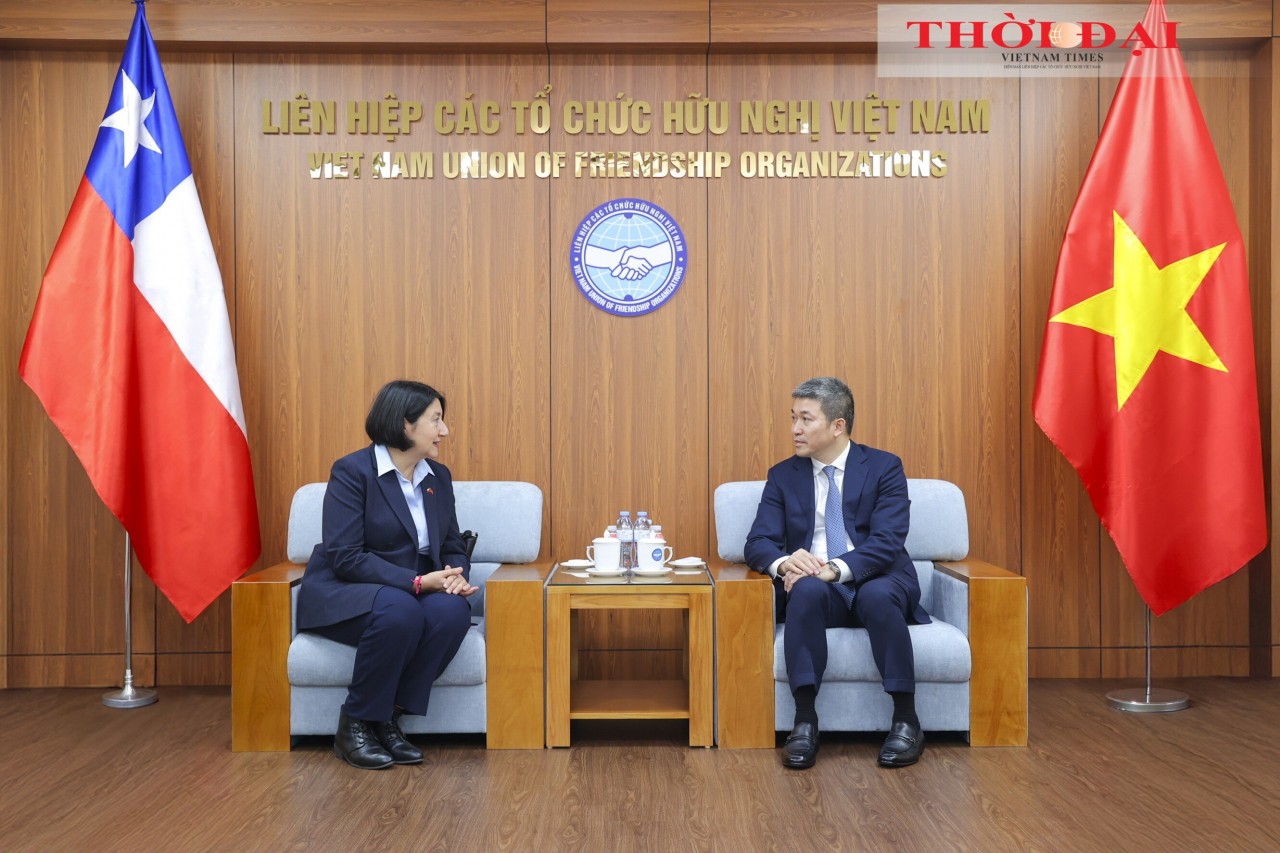 Friendship
Friendship
Promoting People-to-People Cooperation on the Occasion of the 55th Anniversary of Vietnam-Chile Relations
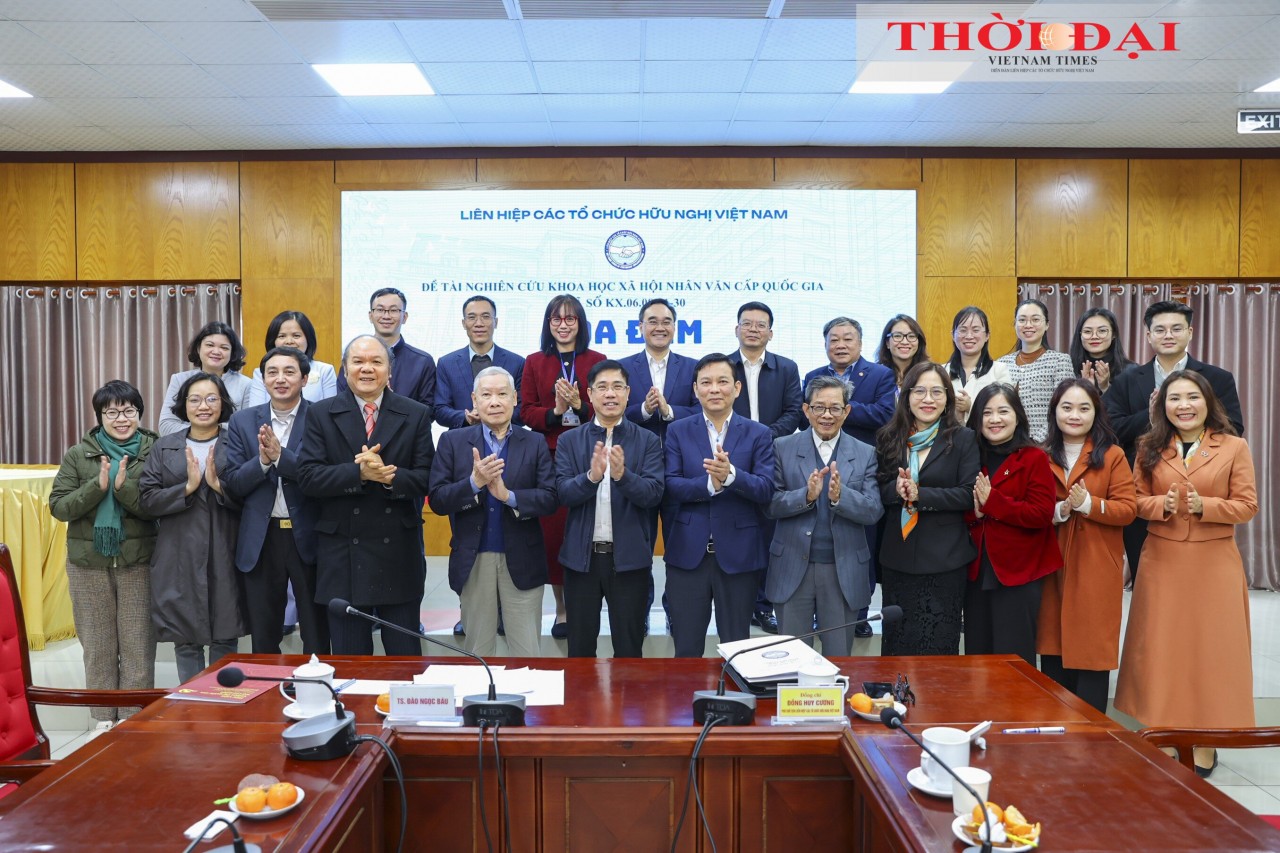 Focus
Focus
Seminar on “The Scientific Foundations of People-to-People Diplomacy in the World”
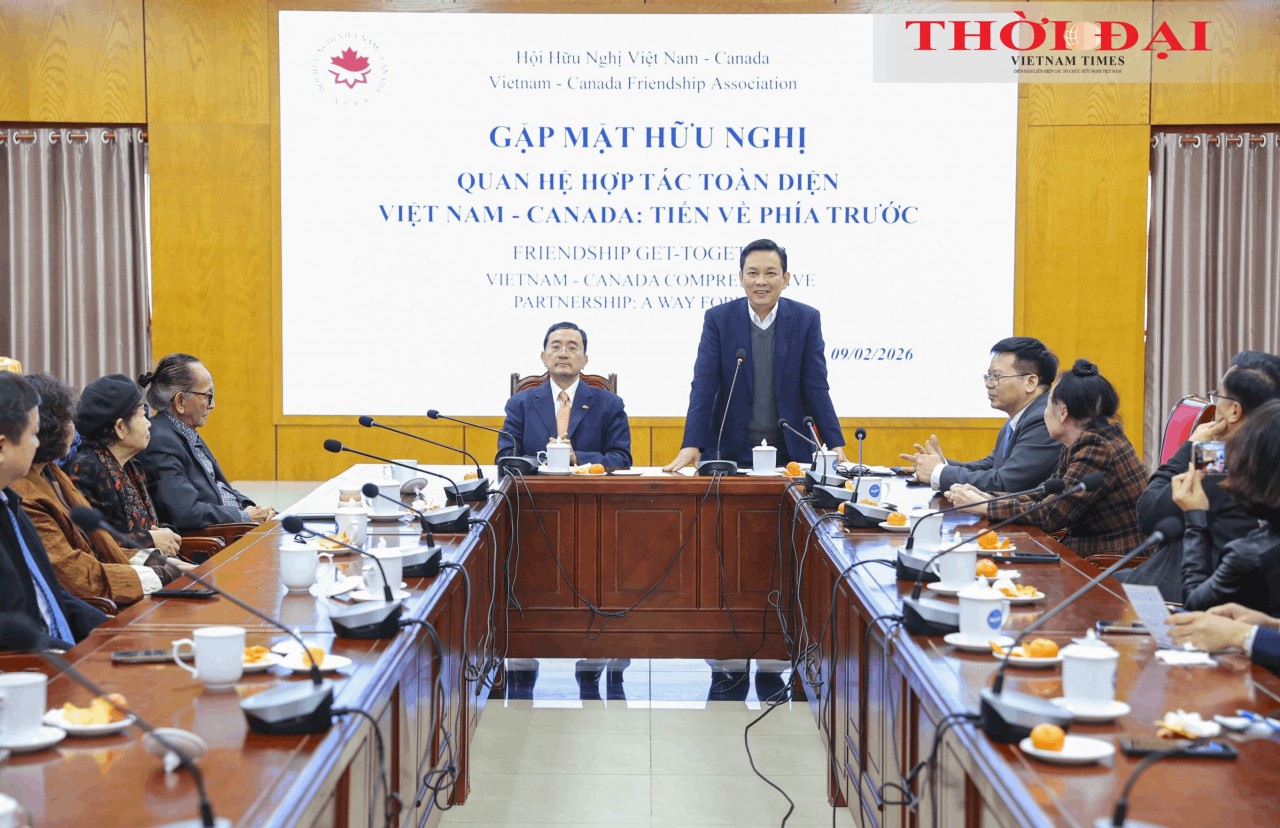 Friendship
Friendship
Vietnam-Canada Friendship Meeting: Advancing Comprehensive Cooperation through People-to-People Diplomacy
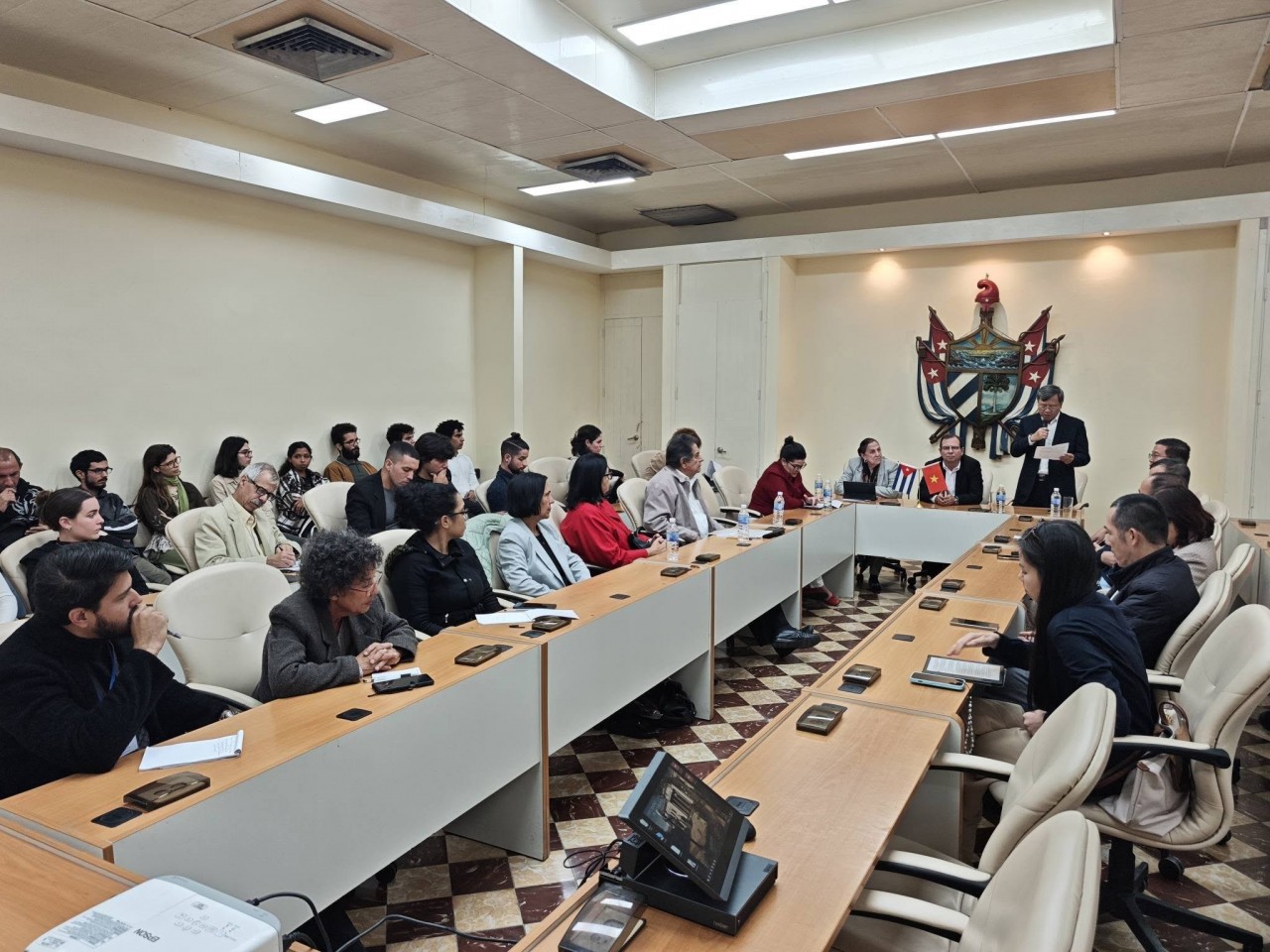 Friendship
Friendship
